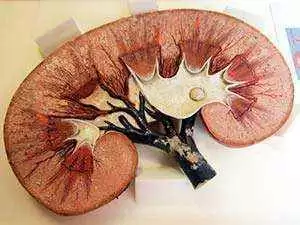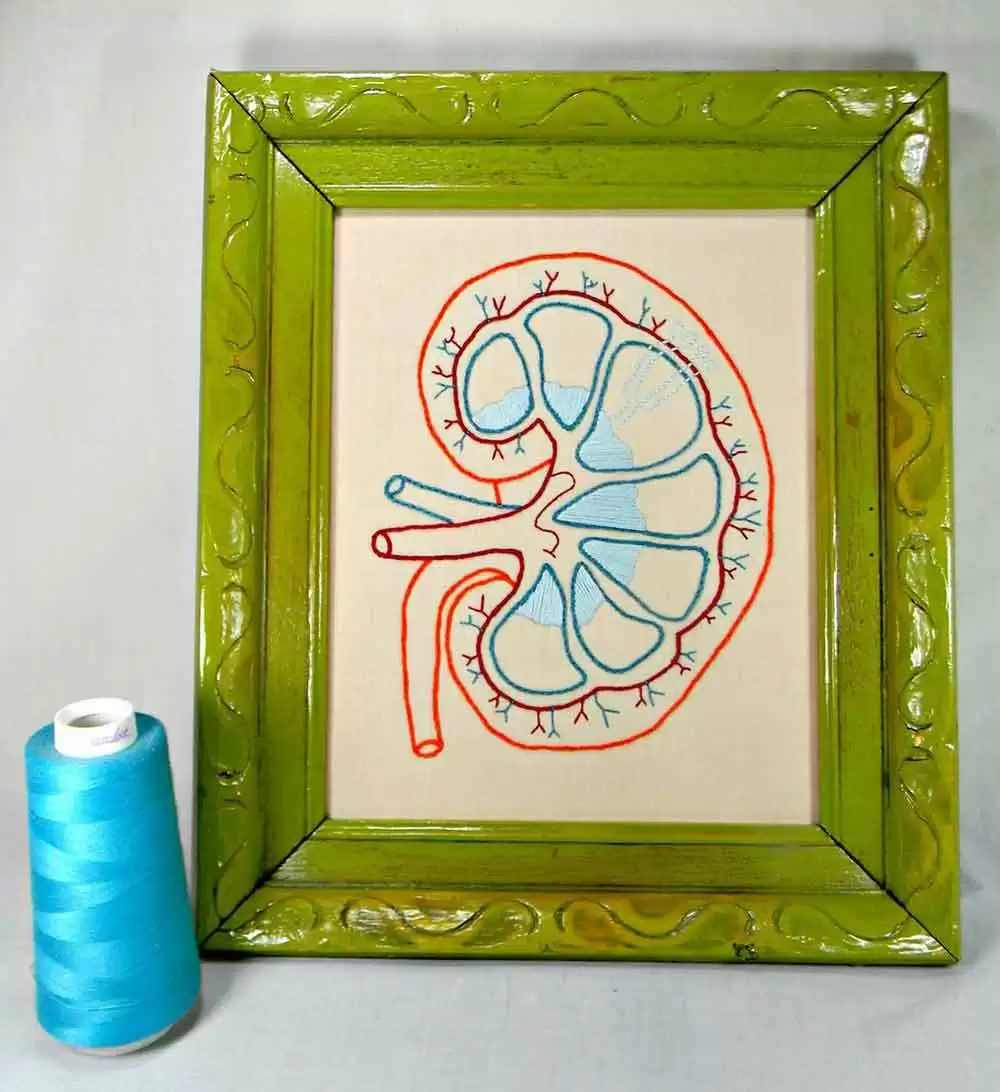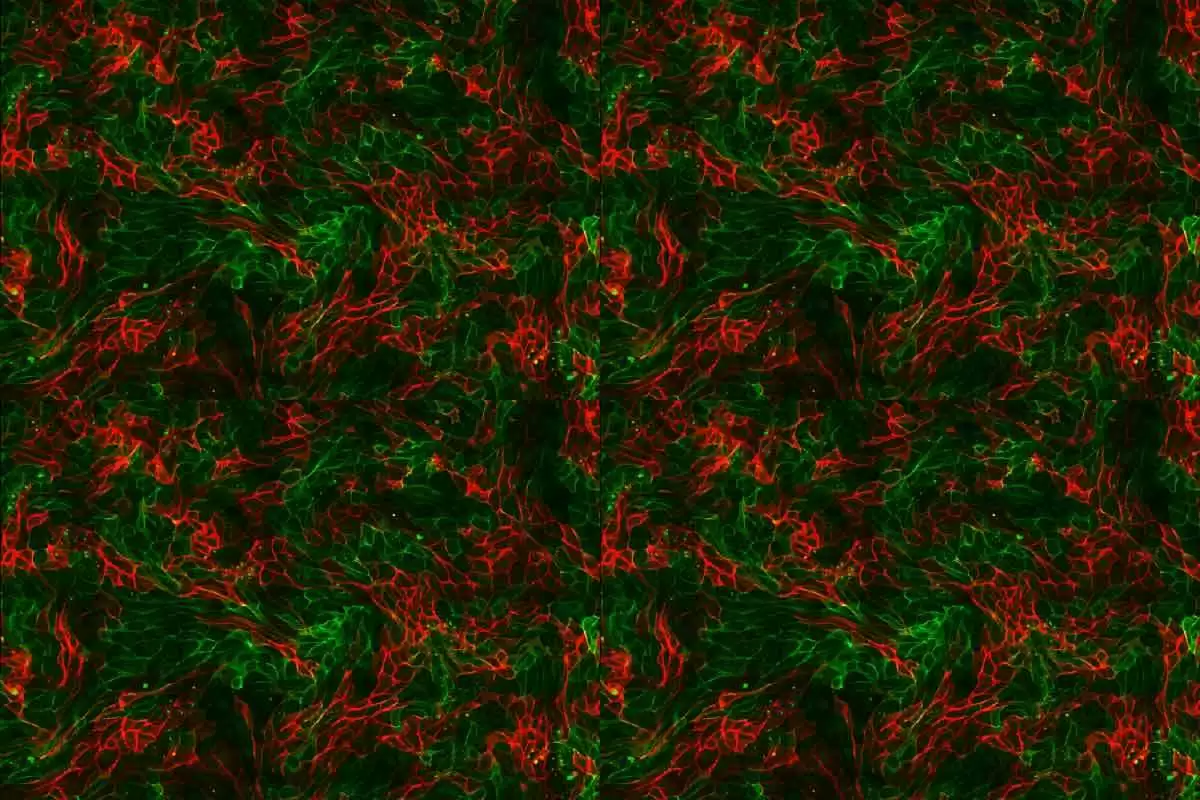Celiac.com 11/04/2024 - Celiac disease is an autoimmune disorder that primarily affects the digestive system, but its influence extends far beyond the gut. When individuals with celiac disease consume gluten, an immune response is triggered that can damage the small intestine and lead to a wide array of health problems. Recent research has been exploring the potential connection between celiac disease and other organ systems, including the kidneys. This study focuses on whether there is a causal relationship between celiac disease and various forms of kidney disease, specifically through genetic predisposition. The researchers used a method called Mendelian randomization to assess this potential link, which helps reduce the chance of bias in observational studies.
Methods: Using Genetics to Explore Connections
To investigate the possible connection between celiac disease and kidney disease, the researchers used data from European populations. They applied a technique known as Mendelian randomization, which analyzes genetic data to identify potential causal relationships. This method reduces the impact of confounding factors and helps establish whether genetic susceptibility to celiac disease might lead to an increased risk of kidney-related issues. Specifically, they looked at 10 different kidney traits, such as immunoglobulin A nephropathy (a kidney disorder involving deposits in the kidneys), chronic glomerulonephritis (a condition where the kidney’s filtering units become inflamed), and a decline in estimated glomerular filtration rate, which measures kidney function.
Key Findings: Increased Risk of Kidney Disease
Celiac.com Sponsor (A12):
The study found that individuals with a genetic predisposition to celiac disease have a higher risk of developing certain kidney diseases. The data showed a significant increase in the risk of immunoglobulin A nephropathy, with a 44% higher likelihood for those genetically inclined toward celiac disease. Additionally, the study noted a 15% increased risk of chronic glomerulonephritis. A decline in kidney function, as measured by a decrease in the estimated glomerular filtration rate, was also observed.
Interestingly, the study also hinted at a potential connection between celiac disease and membranous nephropathy, a type of kidney disease where the immune system attacks the membranes in the kidneys. Although this relationship was not as strong as others, it remains a possibility that requires further investigation.
Mechanisms: How Celiac Disease Might Affect the Kidneys
One proposed mechanism for this connection is that in individuals with celiac disease, gluten triggers an immune response that does not remain confined to the gut. Instead, this response may cross-react with other tissues, including the kidneys. Specifically, circulating antibodies, which are produced in response to gluten, may end up targeting kidney tissues. These immune reactions and the associated inflammation could damage the kidneys over time, leading to the development of kidney disease.
In particular, the study draws attention to the similarity between the damage caused to the intestinal barrier in celiac disease and the type of damage seen in certain kidney diseases, such as immunoglobulin A nephropathy. Some research has shown that antibodies produced in response to gluten can be found in the kidneys of people with this condition, which strengthens the idea that the immune system’s misdirected response in celiac disease can have broader consequences for other organs.
Contradictory Evidence: No Clear Link with All Kidney Conditions
While the study highlights the increased risk for certain kidney conditions, it also shows that not all kidney diseases are strongly associated with celiac disease. For instance, the research found no significant correlation between celiac disease and diabetic nephropathy, a type of kidney damage commonly seen in people with diabetes. This suggests that the connection between celiac disease and kidney disease may depend on the specific type of kidney condition in question, and not all kidney issues share the same underlying mechanisms with celiac disease.
Implications for Individuals with Celiac Disease
For individuals diagnosed with celiac disease, the findings of this study underscore the importance of monitoring kidney health. Although kidney problems may not be a common or immediate concern for all celiac patients, there is enough evidence to suggest that people with this condition should be aware of their potential risk for certain types of kidney disease. Regular screenings, such as urine tests or blood tests to assess kidney function, could help detect any early signs of kidney issues before they progress.
Moreover, adopting a strict gluten-free diet remains crucial for people with celiac disease. While this study did not directly address the impact of a gluten-free diet on kidney health, other research has suggested that reducing gluten intake can have a positive effect on various health outcomes in celiac patients. Maintaining a gluten-free diet may help minimize the immune response that could contribute to kidney damage.
Valuable Insights into the Relationship Between Celiac Disease and Kidney Health
This study adds valuable insight into the relationship between celiac disease and kidney health. By using genetic data, the researchers were able to show that individuals with a genetic predisposition to celiac disease may be at a higher risk of developing certain kidney diseases, such as immunoglobulin A nephropathy and chronic glomerulonephritis. While not all kidney diseases are linked to celiac disease, the findings highlight the need for continued research into how autoimmune responses triggered by gluten can affect other organs beyond the gut.
For those with celiac disease, understanding this potential link to kidney health could help improve long-term outcomes through early detection and prevention. If future research confirms these findings, routine kidney screenings could become an important part of managing celiac disease, ultimately reducing the risk of serious kidney complications.
Read more at: journals.lww.com










Recommended Comments
Create an account or sign in to comment
You need to be a member in order to leave a comment
Create an account
Sign up for a new account in our community. It's easy!
Register a new accountSign in
Already have an account? Sign in here.
Sign In Now